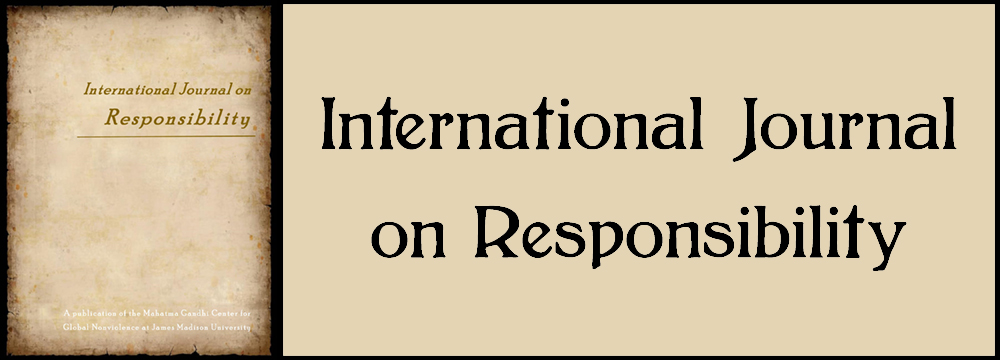
Abstract
Amid the outbreak of the COVID-19 pandemic, migrants have suffered immensely not only across nations but also within the countries. Migration has been an inevitable phenomenon with the onset of globalization. With the commencement of globalization, humans are driven towards more and more consumerism. Thus, increasing levels of consumption have set further pressure on the limited resources in nature. On one hand, it is not ethically viable to cease migration, while on the other hand, while following their dreams or due to unavoidable circumstances, this international and inter-regional mobility results in a high level of consumption. The paper attempts to resolve the dilemma of the ethical responsibility of embracing immigration and the crises it imposes on ecological footprints. The study reveals that by adopting the attributes of the Gandhian philosophy of non-violence, tolerance, and adaptability the immigrants themselves can ensure the immigration process as a peaceful journey of life. The other aspects of Gandhian philosophy such as self-sufficiency, self-reliance, and minimum consumption become the guiding force in setting the goals in life. Thus, migrants themselves feel responsible for maintaining the ecological balance and the state must ensure equal opportunities and secure inclusivity, the two fundamental elements of sustainable development endorsed while advocating human migration and settlement.
Type of Issue
Special issue
Recommended Citation
Sharma, Pooja and Jadon, Nav
(2022)
"Mapping Ecological Footprints of Migrants: A Gandhian Perspective,"
International Journal on Responsibility: Vol. 5:
Iss.
2, Article 9.
DOI: https://doi.org/10.62365/2576-0955.1071
Available at:
https://commons.lib.jmu.edu/ijr/vol5/iss2/9
DOI
10.62365/2576-0955.1071
Creative Commons License

This work is licensed under a Creative Commons Attribution-NonCommercial-No Derivative Works 4.0 International License.
Included in
Demography, Population, and Ecology Commons, Human Ecology Commons, Migration Studies Commons, Philosophy Commons, Politics and Social Change Commons


